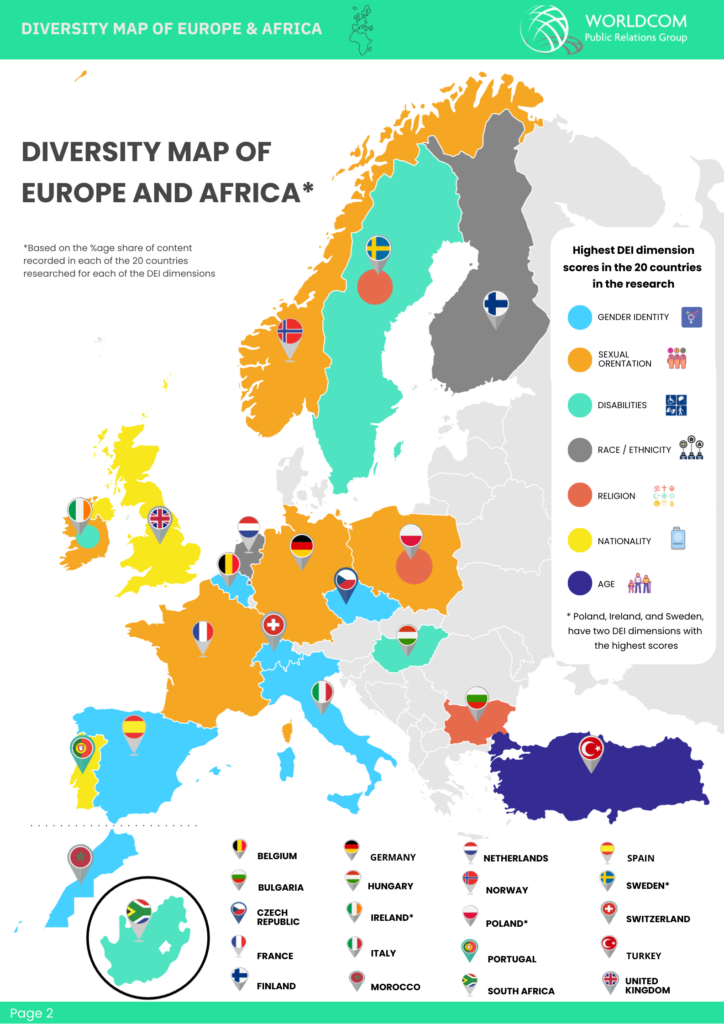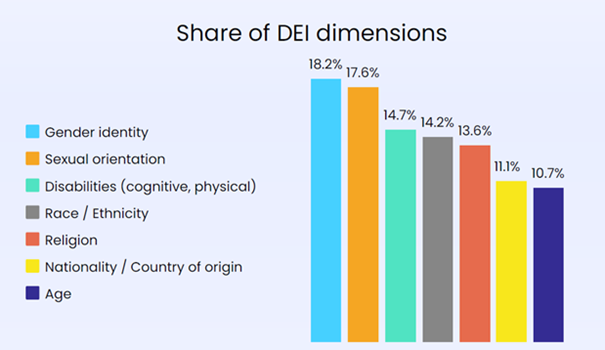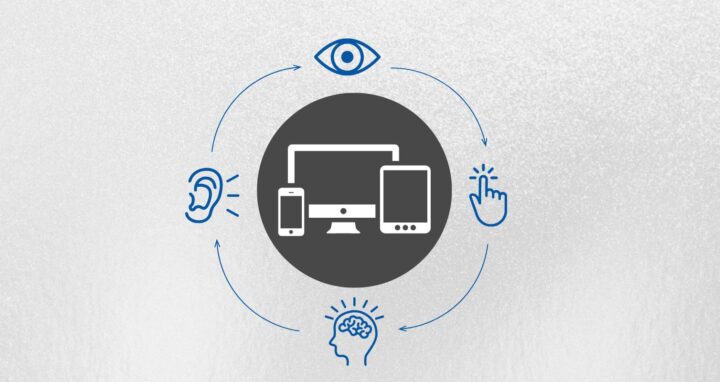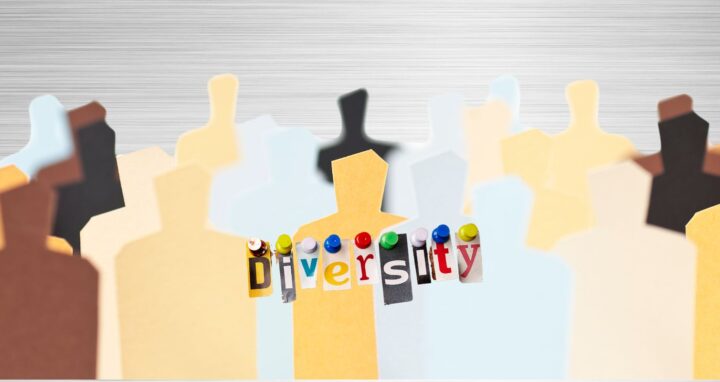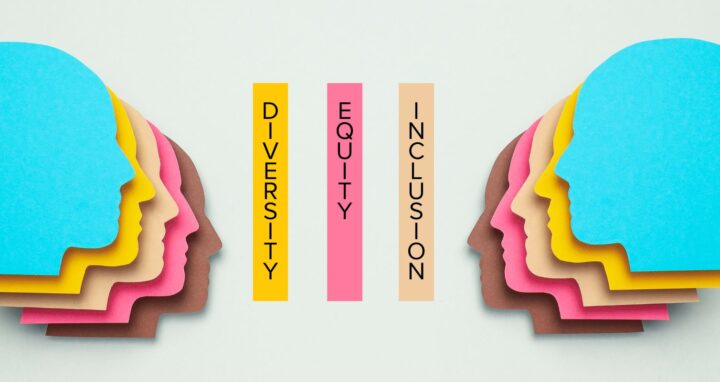The Worldcom Public Relations Group, the leading global partnership of independent public relations firms, released The Worldcom Diversity Map of Europe and Africa. The Report shows that it’s essential to develop a diversity policy that takes account of local attitudes and not just regional or global norms – see chart 1[i].
Diversity, Equity and Inclusion (DEI) has been the business topic with the highest levels of engagement in The Worldcom Confidence Index (WCI) for the last year. As the WCI is tracking what over 100,000 CEOs and other C Suite executives around the world are sharing online, Worldcom decided to see if diversity is viewed the same way in 20 countries in Europe and Africa.
Download The Worldcom Diversity Map of Europe and Africa.
Worldcom analyzed online coverage over a six-month period, to see which of seven diversity dimensions were receiving the most attention. The full report provides results by country and a regional view, and highlights similarities and differences to the regional average based on what was identified in the coverage.
The diversity dimension that features most often in the Region is Gender Identity (18.2%). This appeared 64% more often than Nationality (11.1%). While Age and Nationality had the lowest share, the fact that they appear so frequently shows that any DEI policy should take account of all these dimensions, especially in the light of people working longer and increases in economic migration. Sexual orientation was the second most commonly occurring topic (17.6%), followed by Disabilities (14.7%), Race/Ethnicity (14.2%), Religion (13.6%), Nationality (11.1%) and Age (10.7%) – see chart 2[ii].
Country differences
The focus on each dimension varied by country. The table below shows the highest and lowest for each dimension.
| Diversity Dimension | Highest country share | Lowest country share |
| Age | Turkey 20.4% | Netherlands 2.1% |
| Disabilities | South Africa 31.3% | UK 6.2% |
| Gender | Belgium 35% | Sweden 9% |
| Nationality | UK 23% | Norway 0% |
| Race/Ethnicity | Finland 38.2% | Sweden 2.6% |
| Religion | Sweden 23% | Germany 1% |
| Sexual orientation | Norway 33.3% | Netherlands 8.3% |
Imma Folch, chairman of Worldcom’s DEI practice, said: “We hope our study will encourage organisations to consider how to adapt their DEI policy to the needs of each country and to recognise where local cultures and prejudices may need to be addressed via internal and external communications.”
Advice from Worldcom experts
Helen Mack, Account Director & ESG, HBI PR & MarCom: If you operate in Germany, gender-sensitive language and inclusive wording for minority groups is necessary! Especially in corporate communication, implementation can be complex. A guideline for all employees is a must and should serve as a basis for being inclusive in all texts. If the younger generation is one of your stakeholders, you should handle the topic very sensitively, because sexual orientation is a big issue here! Implement the rules in all external texts (e.g., press releases and material, blogposts, newsletters, social media, invitations etc.) but also in internal communication. Don’t forget the spoken word, e.g., in audio/video interviews, panel discussions or podcasts. Special training is highly recommended. And give it time! Correct gendering requires practice.
Andras R. Nagy, Managing Director, Probako Communications: “Companies communicating in Hungary should pay special attention to the issue of disabilities – both content and technical aspects. A wide range of legislation helps disabled people e.g., television channels have to provide subtitles for hearing impaired people. Hungarian society is showing ageing trends. This is why ageing is also a special issue in this market. Companies have to be especially careful when communicating to, or about, elderly people.”
Download The Worldcom Diversity Map of Europe and Africa.
Additional information
Countries
The study covers 20 countries: Belgium, Bulgaria, Czech Republic, Finland, France, Germany, Hungary, Ireland, Italy, Morocco, Netherlands, Norway, Poland, Portugal, South Africa, Spain, Sweden, Switzerland, Turkey, United Kingdom.
The seven diversity dimensions covered in this report are:
Age, Disabilities, Gender, Nationality, Race/Ethnicity, Religion, Sexual orientation.
About The Worldcom Public Relations Group
The Worldcom Public Relations Group is the world’s leading partnership of independently owned public relations firms, with 143 offices employing some 2,000 staff in 115 cities across six continents. In total, Worldcom partners reported combined revenue of US$300+ million last year from 3,034 clients. Established in 1988, the group was formed so that the strongest, most capable independent firms could deliver immediate impact and sustained value through the intelligent use of communications – wherever in the world a client needs support. Partners serve national, international, and multinational clients, while retaining the flexibility and client-service focus inherent in independent agencies. Through Worldcom, clients have on-demand access to in-depth communications expertise from professionals who understand the language, culture, and customs of the geographic areas in which they operate.
Connect with The Worldcom Public Relations Group on Facebook and LinkedIn
Learn more about Worldcom at www.worldcomgroup.com or contact Todd Lynch at 1-800-955-9675 or [email protected].
Imma Folch, Chairman of Worldcom Public Relations Group DEI Practice [email protected]

